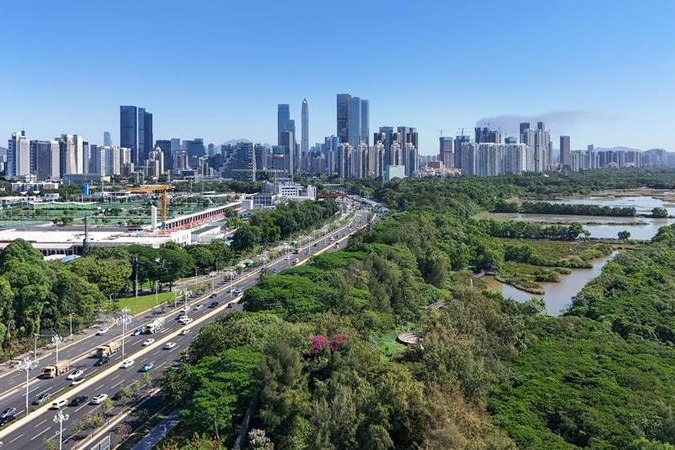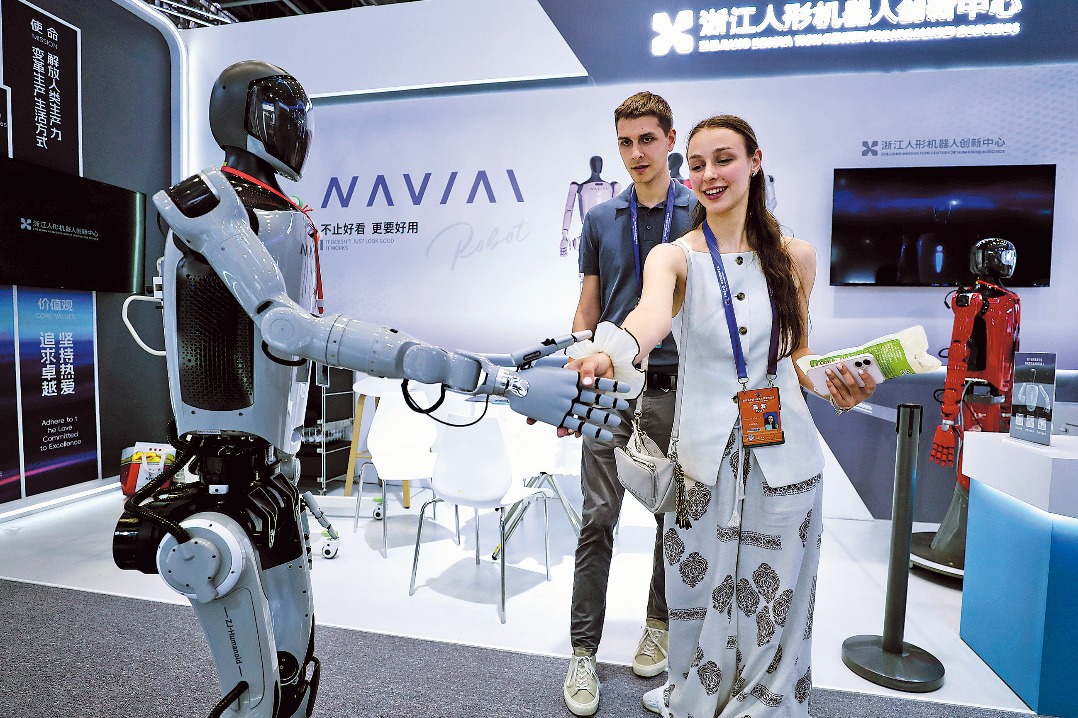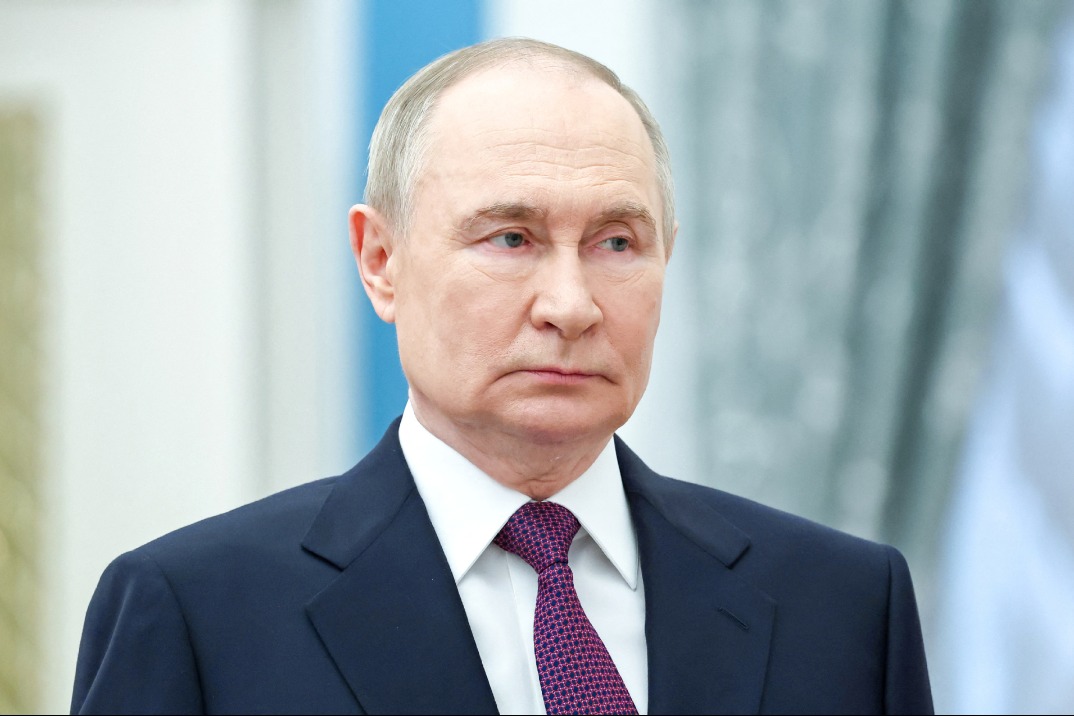Prepare for a very different kind of congress

This month's Party gathering is of monumental importance - not just for China, but for the whole world
Since 1921, the Communist Party of China has had 18 Party congresses. Many were in the very early years of its foundation, with six alone in the first decade, as it formulated its ideology and started to grow in membership.
From a force with a mere 60 members when the first congress met in July 1921, the CPC grew to 60,000 by the middle of the 1920s, before its membership was decimated by the savage attack of Nationalist forces.
Congresses in the 1930s and 1940s, while more infrequent, marked important events. The most notable of these was the consolidation of Mao Zedong's power, effective by 1945. Since 1949, these meetings have had the added element of not being within a revolutionary organization vying for power, but important events in the life of the governing party.
Up to 1978, congresses were infrequent. There was over a decade between the eighth and the ninth. But in the reform and opening-up era, stronger institutionalization saw five-year intervals introduced between each meeting. That has held since 1982. This month, we will see the 19th Congress.

When we look back over the congresses since 1921, we see a narrative emerge of the Party and its development and role within China. Each congress contributes to this Party story for the nation. Since 1982, this has become particularly clear, with the announcement of ideological formulations from "socialism with Chinese characteristics" in 1992 to the Three Represents in 2002 and the Scientific Development of 2007. These were partly in recognition of changes in the Chinese economy and Chinese society, but also provided a framework for further development and innovation.
Congresses are not important because of the executive instructions they issue. These happen at National Congress meetings. No GDP targets will be set or budgets agreed upon. But the congress will provide the political framework for the coming five years. And this will be evident through any ideological statements that are made and the new leadership that emerges.
Why is the 19th National Congress in 2017 important? Perhaps the most striking reason is that it occurs at a time when China is clearly a global player. Economically, this has been true for a number of years. But now there is a raft of areas, from climate change to free trade agreement promotion to global governance, where China has a role wholly different in scale, importance and significance than ever before.
That means that, despite the very different political structures and cultures, the 2017 National Congress and its outcomes in China deserve as much attention as the 2016 US presidential election, and the subsequent elections in France, the UK and Germany this year. Far more than any of these, the conduct of the events in China in October, and what sort of interpretation we can give to them, is globally important. Who is sitting on the new Politburo, and why, will be as important as who sits in the White House. These leaders will have a global role unlike any in Chinese history up till now.
Because this is a global congress, it means that the sort of messages that emanate from it will be different from those of past congresses. The Chinese Dream and the Belt and Road Initiative, signature themes of the five years since the last congress in 2012, might have originated in domestic discourse and discussions, but they have global dimensions. They will therefore need to have a meaning that makes sense to the outside world. This congress will be one way of embedding that.
It will also be the first congress with three radically different audiences for the Chinese leaders attending. Two groups have always mattered since the very start in 1921. First, the Party membership. This now amounts to almost 90 million people in China. The members will therefore be hearing things about the role of the entity they belong to and what it expects of them in the coming five years. The second group, the Chinese nation, includes the various elements in Chinese society with all its diversity, who will be looking out for messages about the direction of the country, the role it seeks in the world and ways it might change from within. These will have a direct impact on their lives.
The third group has risen in importance in the past few decades, but this time it is markedly more important. This is the outside world. Speakers at the congress will be addressing this global audience and will need to think of ways of connecting to it, and relating to it, as never before.
The congress in 2017 is not an internal meeting. Its decisions and their implementation will reverberate around the world. That is why 2017 is different. The congress is a Party, and a national one - but also an international one. That is tangibly different from even the most recent past.
The author is a professor of Chinese studies at King's College London and director of its Lau China Institute. The views do not necessarily reflect those of China Daily.
(China Daily Africa Weekly 10/13/2017 page9)
Today's Top News
- Ukraine crisis a lesson for the West
- Autonomous networks driving the progress of telecom sector
- China launches cargo drone able to haul up to 1.2 tons
- Key role of Sino-German ties stressed
- Tariffs hurt global trade: Experts
- Rescuers race against time to find survivors






























